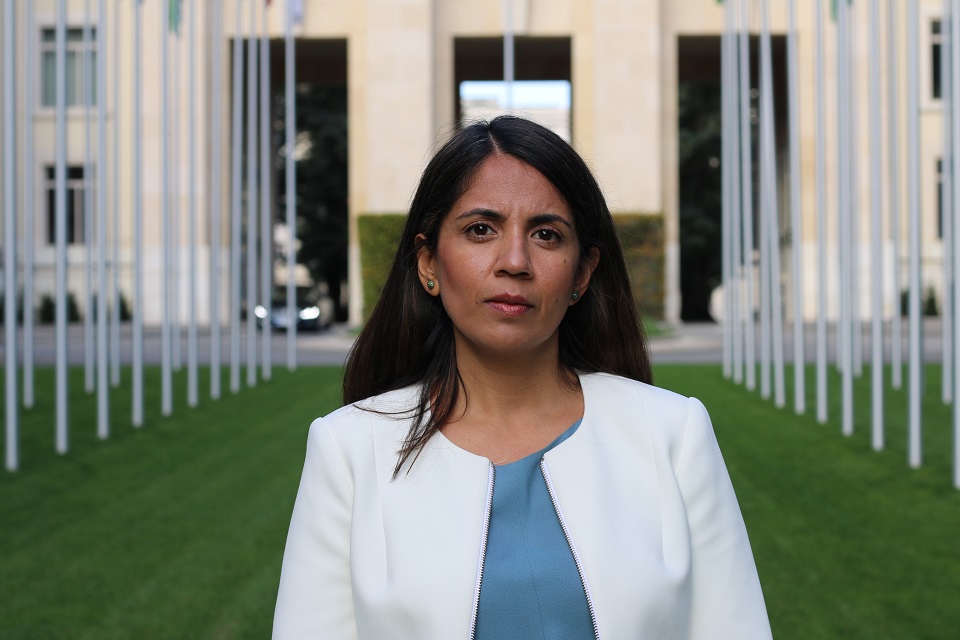UN Human Rights Council 48: Explanation of Vote on the Right to a Clean, Healthy and Sustainable Environment
Rita French, UK Ambassador for Human Rights, delivered the UK's Explanation of Vote with regard to the Human Rights Council Resolution on the Right to a Clean, Healthy and Sustainable Environment.

Thank you Madam President.
We thank the core group presenting resolution L.23 for the positive and constructive approach they have taken toward negotiations on this important and topical issue.
As part of our commitment to ambitious climate action, the United Kingdom is proud to be hosting COP26 and we are working with all parties, and others, to achieve an ambitious shared outcome.
The UK has a strong record on addressing the linkages between human rights and climate change. We supported the first UN resolution on human rights and climate change in 2008. In 2015 we signed the Geneva Pledge for Human Rights in Climate Action. We are committed to implementing the Gender Action Plan agreed at COP25. We have cosponsored resolution L.27 which creates a mandate for a new Special Rapporteur to focus on the interaction between human rights and climate change. We will continue to call on states to fulfil their human rights obligations whilst taking action to combat climate change.
The UK is concerned that climate change and environmental degradation can have implications for the full enjoyment of human rights. In some circumstances, it can pose a risk to the lives and wellbeing of individuals and communities. It can disproportionately affect those in marginalised and vulnerable situations, including women and girls, those living in poverty, and indigenous people.
Madam President, We share the ambition of the core group to tackle climate change and prevent environmental degradation, which is why we will be voting ‘Yes’ today.
However, the recognition of the right in the resolution is without due regard to the formation of international human rights law and without prejudice to the UK’s legal position. A human right to a clean, healthy and sustainable environment has not been agreed in any human rights treaty and it is yet to emerge as a customary right. Recognising rights without due consideration and a common understanding at an international level of what they comprise creates ambiguity. Individuals cannot know what they can legitimately claim from the State, and the State has no clear understanding of the protection it is obliged to afford to the individual. With this in mind we would like to emphasise that human rights resolutions are not legally binding instruments, and as such the recognition of the right in this resolution does not bind States to its terms. As mentioned, we will vote in favour today, but this is without prejudice to the position to be taken by the United Kingdom in future.
The United Kingdom’s commitment to tackling climate change is resolute. Our leadership in this area is well known and we are focussing all our efforts behind a successful and inclusive COP26 summit in Glasgow. As our Prime Minister has made clear, this must be a turning point for humanity.
Thank you.